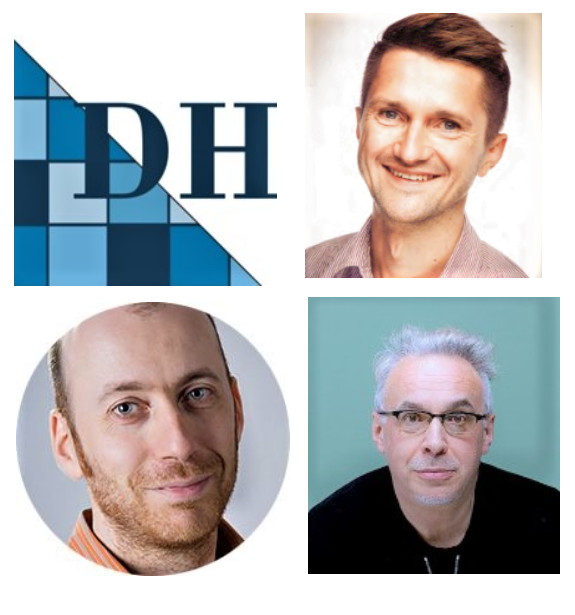On 17 December, the Center for Digital Humanities at Perm State University held an online seminar in Artificial Intelligence and Digital Humanities, uniting researchers from the USA, Russia and Germany.
“The process of data accumulation gets increasingly relevant. Regardless of its digital character, the growing abundance of data makes it more and more complicated. Using artificial intelligence technologies, developing neural networks, overcoming limitations of the first pilot projects – all this will inevitably lead to a widespread practical use of artificial intelligence for solving everyday problems. New ambitious projects in various fields – economy, industry, culture will be launched”
says Nadezhda Povroznik, head of the Center for Digital Humanities, PSU.
The Seminar included three reports:
• “Artificial Intelligence and Culture: So Far, What Can’t Computers See?” by Dr. Lev Manovich, expert in new media and digital culture, professor at the City University of New York, founder of Cultural Analytics Lab (USA).
• “The Way People Read and the Way Computers Do: the Analysis of Fiction and Readers’ Behavior” by Pavel Braslavsky, Senior Research Fellow, Ural Federal University (Уральский федеральный университет), Yekaterinburg, HSE, Moscow (Russia).
• “Answering Comparative Questions with Arguments” by Alexander Bondarenko, researcher at Halle-Wittenberg Martin Luther University (Germany).
A question-and-answer session followed each report. The questions touched the concepts of the future culture, e-traces of reading, and search engines. On the whole, discussions concentrated upon the idea of human and digital collaboration.
This seminar followed the discussion “Information Technology and Cultural Heritage: Preservation, Study, Use”, which took place at PSU in October, addressing the issues of IT application for preservation, study and use of cultural heritage.



